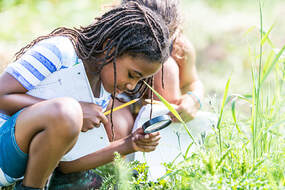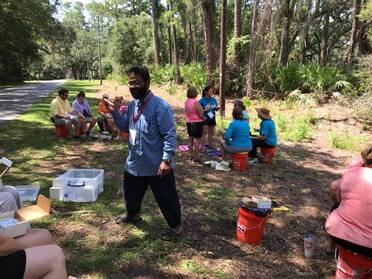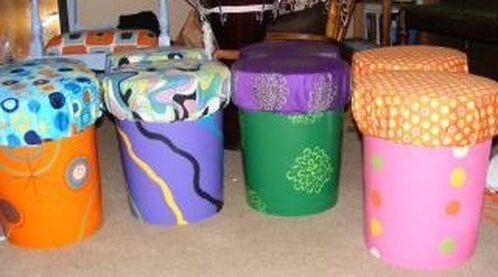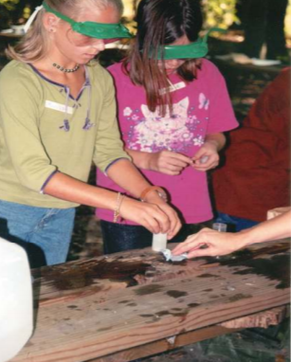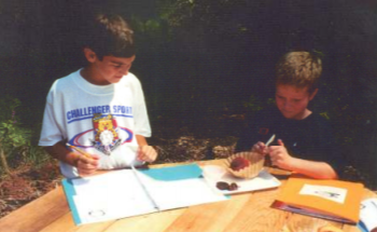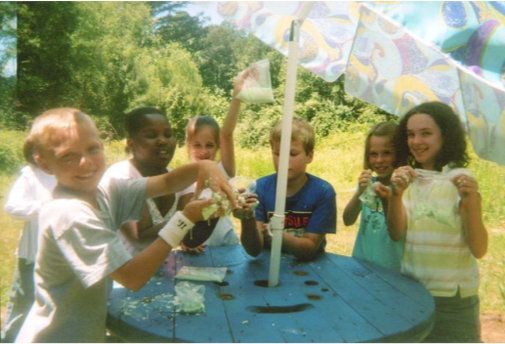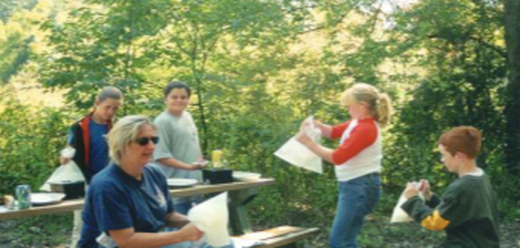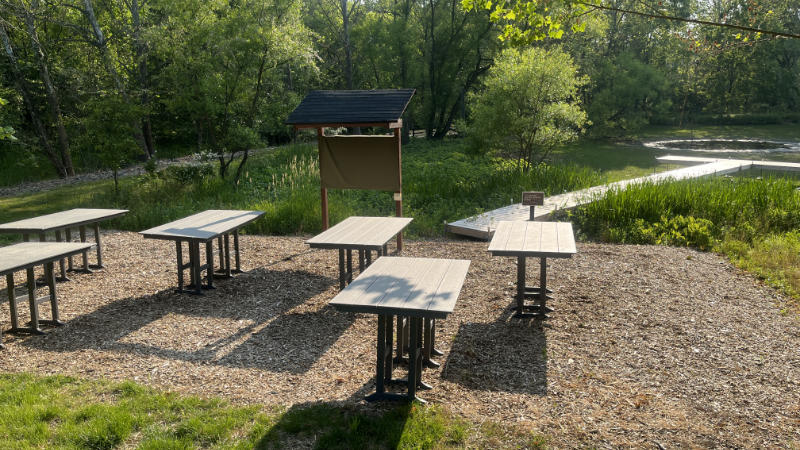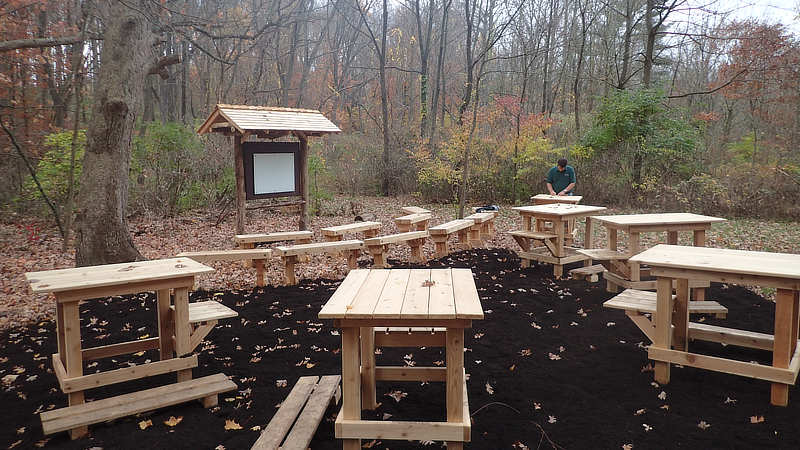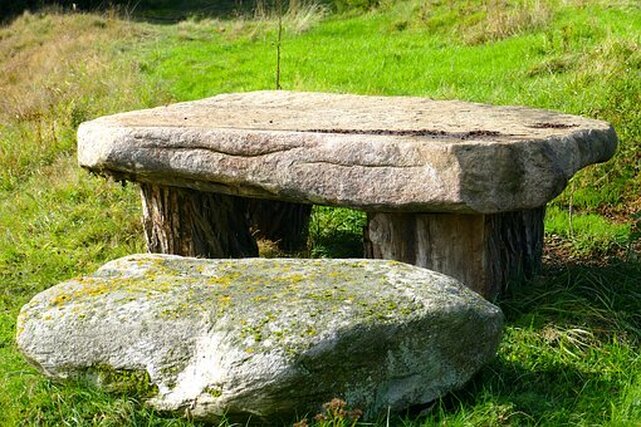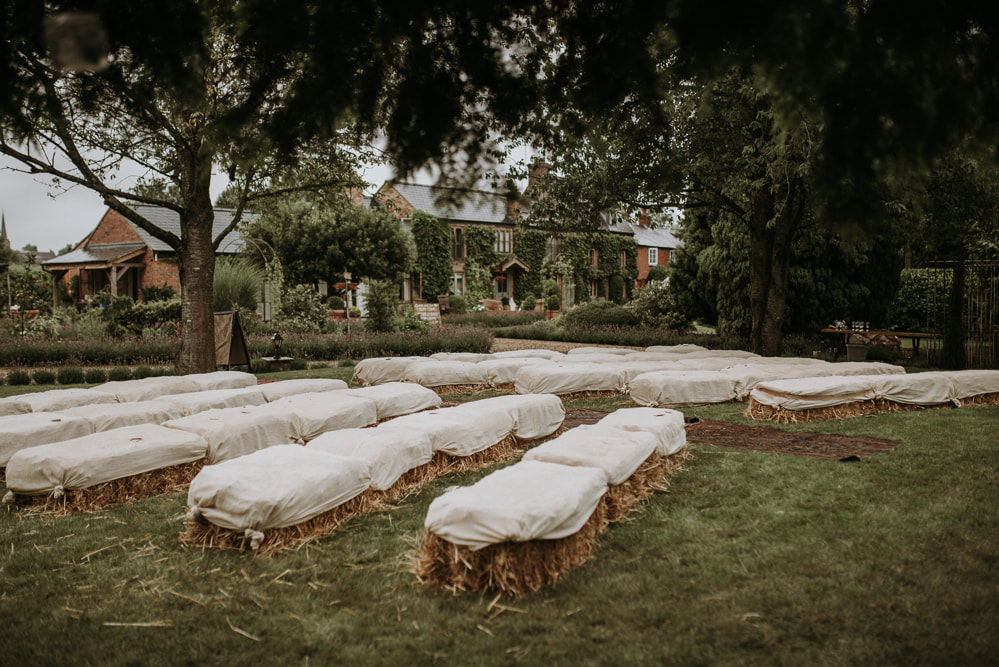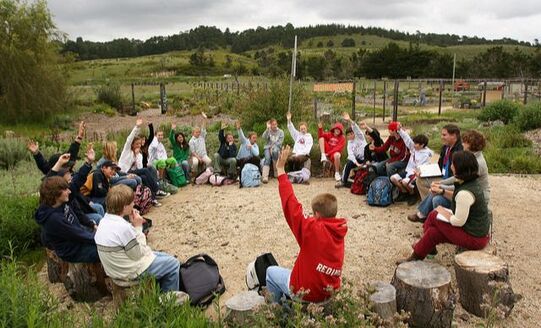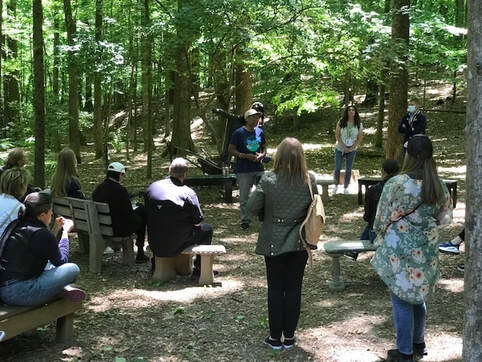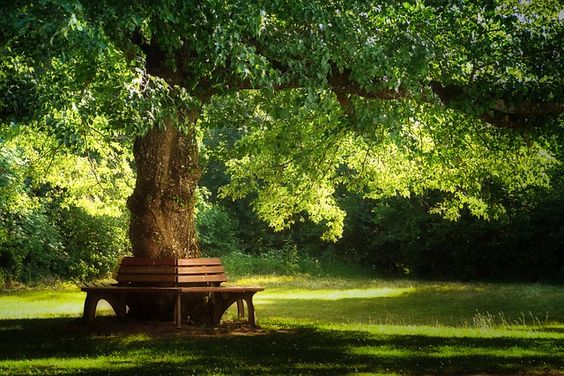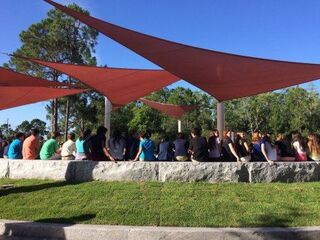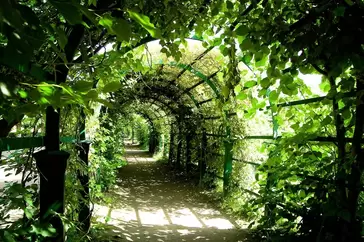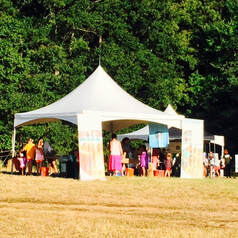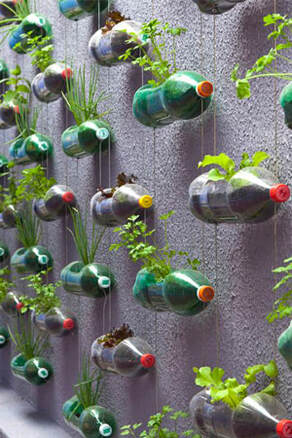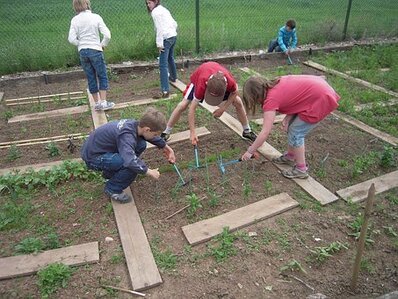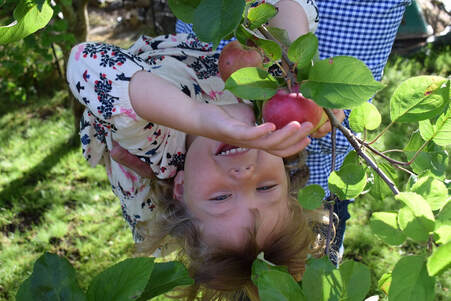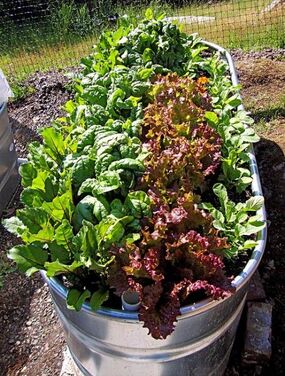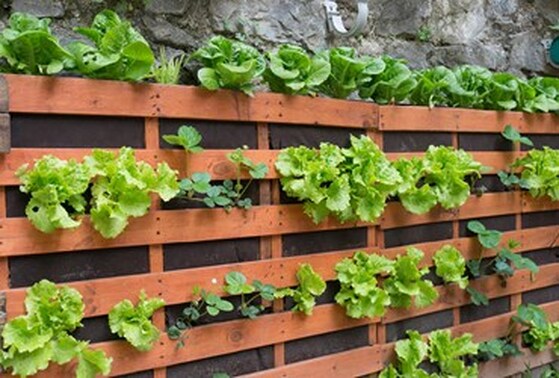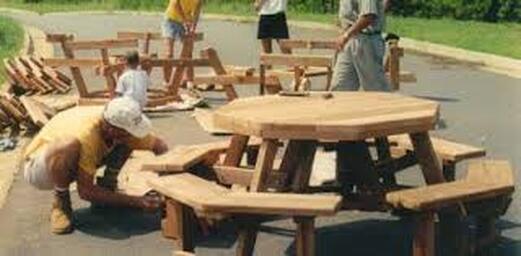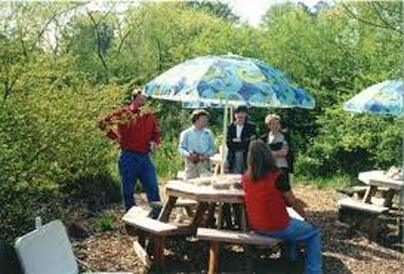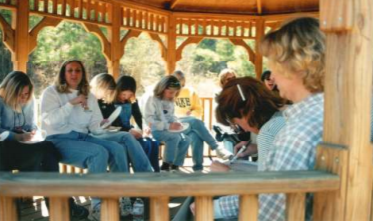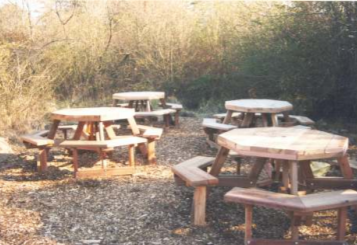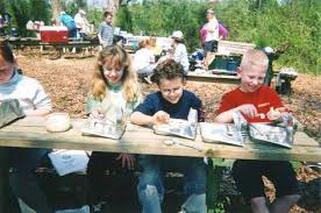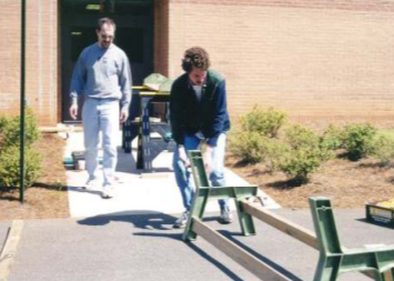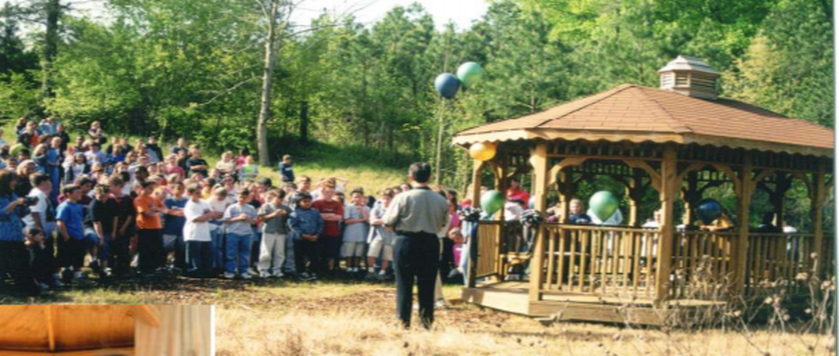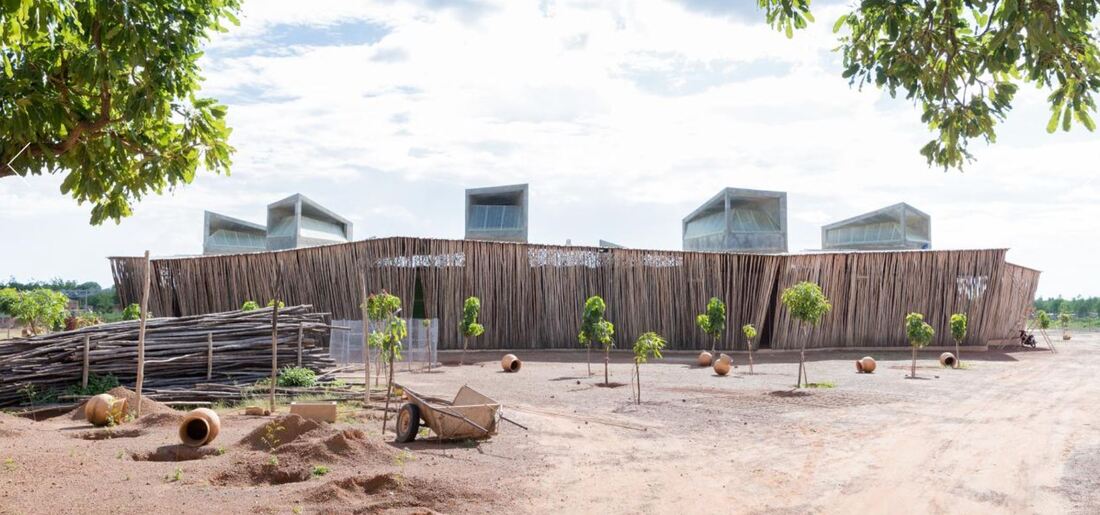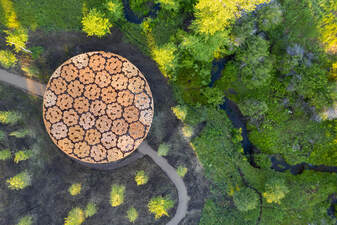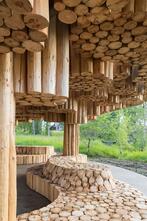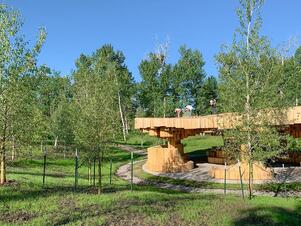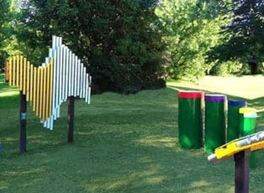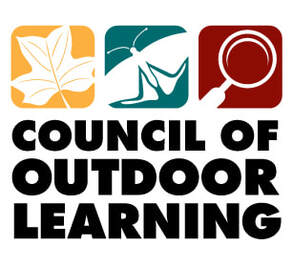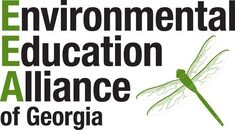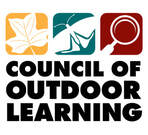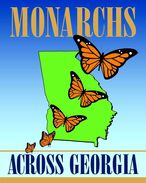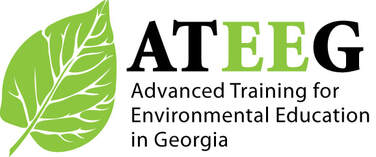Environmental Education Alliance of Georgia
- Our Story
- Our Team
- Our Events
-
Our Resources
- Wildlife Viewing
- Earth Month Activities
- Garden-based Learning
- EcoEngineering Challenges
- Community (Citizen) Science
- Phenomenon-Based Learning
- Problem-Based Learning
- Place-Based Learning
- Project-Based Learning
- Teaching about Climate Change
- Teaching about EJ
- Zero Waste Heroes
- SAGES Project
- Virtual EE Resources
- Environmental Clubs
- Evaluation and Assessment
-
Our Work
- Our News
- Our Impact
- JOIN or GIVE
- Member Portal
- Contact Us
- Outdoor Learning Store
- PassTick2023-4
- Annual Report
- New Page
- Past 2022 EEA Conference
- Past EEA Board 2021-22
- Past 2022 conferenceoverview
- Non-clickable Page
- New Page
- EEA Guest Blog
- Our Story
- Our Team
- Our Events
-
Our Resources
- Wildlife Viewing
- Earth Month Activities
- Garden-based Learning
- EcoEngineering Challenges
- Community (Citizen) Science
- Phenomenon-Based Learning
- Problem-Based Learning
- Place-Based Learning
- Project-Based Learning
- Teaching about Climate Change
- Teaching about EJ
- Zero Waste Heroes
- SAGES Project
- Virtual EE Resources
- Environmental Clubs
- Evaluation and Assessment
-
Our Work
- Our News
- Our Impact
- JOIN or GIVE
- Member Portal
- Contact Us
- Outdoor Learning Store
- PassTick2023-4
- Annual Report
- New Page
- Past 2022 EEA Conference
- Past EEA Board 2021-22
- Past 2022 conferenceoverview
- Non-clickable Page
- New Page
- EEA Guest Blog
COUNCIL OF OUTDOOR LEARNING
10 Tips for Designing and Creating Outdoor Learning Spaces
|
Any outdoor space used for student exploration, inquiry, and learning is an "outdoor classroom." Some schools grow gardens as the focal point of outdoor learning. Others build weather centers, install recycling and compost stations, or create access to creeks. Natural areas with trees or fields can be great settings for journal writing, data collection, science investigations, or geography projects. If only all schools were lucky enough to have such assets! But, with a little creativity, even concrete and asphalt schoolyards can be transformed into effective outdoor learning spaces. It is not necessary — and may not even be desirable — to have an amphitheater, pavilion, or permanent shelter. Your students can be learning outside tomorrow, with the ideas and resources in this CoOL Toolkit. Let's get started!
|
1. KISS: "Keep It Simple" Strategy ~ Make a Portable Outdoor Classroom from Used Materials
Used 5-gallon buckets (free from school cafeterias, sandwich shops, paint stores or construction contractors) are the perfect size to hold clipboards and paper, tape measures, small electronic scales, paper "foldscopes" or magnifiers, and other tools for outdoor investigations. With clipboards serving as writing surfaces or lap tables, students will be ready for field work. Bucket lids can be converted into comfy seats with recycled carpet padding covered by bandanas (or 22" x 22" squares cut from old vinyl tablecloths or shower curtain liners). A hidden gasket under the top of the lid secures these bucket lid seat-toppers. Approximate cost: $5 or less per student for lid, pad, and covering. This style of outdoor classroom offers greatest flexibility for the least cost.
2. Prioritize Work Surfaces / Banish 'Butts on Benches'
When you close your eyes and think of an outdoor learning space, do you envision rows of students sitting passively on benches while listening to a teacher at a lectern? It's a common image, popularized by the willingness of Scouts and community service organizations to help schools build "outdoor classrooms." But the great outdoors offers opportunities for students to explore and discover, observe phenomena in nature, conduct investigations, make and use models, collect data, identify problems, construct explanations, and engineer solutions in real-world settings that bring context, relevance, discovery, and excitement to the learning process. So when designing outdoor learning spaces, banish the idea of "butts on benches" and focus on infrastructure that will help engage students in investigations.
Work surfaces are more functional than seating. If funds are short, start your outdoor learning areas with work surfaces or stations. Cable spools are often free from utilities, such as power and telephone companies. With a little sanding and paint (or a whiteboard top) they can be repurposed into great places for students to stand and conduct experiments or investigations, build models, and write in journals. An adjustable beach umbrella (<$15 at Costco), inserted in the center hole of the cable spool, can provide shade on sunny days. And cable spools come in all sizes, making it possible to provide work surfaces at appropriate heights for a variety of children. Flip top benches (below) offer the flexibility of sitting or standing to work. Lumber can be extended beyond the vertical supports to create an overhang for wheelchair use. Picnic and octagonal tables are economical choices for work surfaces and seating.
Work surfaces are more functional than seating. If funds are short, start your outdoor learning areas with work surfaces or stations. Cable spools are often free from utilities, such as power and telephone companies. With a little sanding and paint (or a whiteboard top) they can be repurposed into great places for students to stand and conduct experiments or investigations, build models, and write in journals. An adjustable beach umbrella (<$15 at Costco), inserted in the center hole of the cable spool, can provide shade on sunny days. And cable spools come in all sizes, making it possible to provide work surfaces at appropriate heights for a variety of children. Flip top benches (below) offer the flexibility of sitting or standing to work. Lumber can be extended beyond the vertical supports to create an overhang for wheelchair use. Picnic and octagonal tables are economical choices for work surfaces and seating.
3. Incorporate Natural Materials that Lend Themselves to Outdoor Learning
North of the "gnat line," many Georgia schoolyards are likely to contain boulders unearthed during the site preparation process. Artful arrangement of these rocks at the time they are uncovered can result in an outdoor learning area. No boulders at your disposal? Straw bales are a lot easier to move and arrange! Cover them with vinyl table cloths for seating comfort. Tree stumps offer another option for a rustic outdoor classroom seating. But remember that work surfaces are more important than seats.
4. Plant Trees and Install Shade Structures
|
From tents to trees and pergolas to shade sails, sometimes a little shelter is all it takes for outdoor learning to thrive. What do party stores and funeral homes have in common? Neither are renting as many large tents for big events in the aftermath of the pandemic. It might be possible to arrange a loaner in return for recognizing a generous local business that partners with your school. And Schoolyard Forests are an idea whose time as come, since shade trees not only increase student comfort but also clean the air and mitigate climate change impacts by sequestering carbon. Another effective strategy for weathering the weather: a classroom set of rain ponchos.
|
5. Grow Gardens as a "Gateway" Activity for Outdoor Learning
|
Whether your school campus has acres of space or no place to go but up, there are endless options for containers, raised beds, in-ground, hügelkultur, and other types of gardens. If your students (and teachers) have not experienced outdoor learning before, gardens are an easy place to start because they offer familiarity and amazing results.
Vegetables may be the most popular plants to grow, but students can also:
|
6. Assemble Kits When Possible, Instead of Building Custom
Assembling and installing prefabricated kits is typically less expensive than building custom work surfaces and seating. School districts also have less liability with volunteer assembly of kits, as long as they are built according to manufacturers' instructions. Note that DIY gazebo, pavilion and pergola kits are often on sale in April, just before new models are introduced. Original designs for structural elements in an outdoor learning space should be approved by an engineer.
7. Celebrate Variety and Bring Relevance to Outdoor Learning
Themes for outdoor learning spaces can contribute to student enthusiasm for investigations and projects. For instance, one Georgia school created gardens throughout campus to represent flora of the state's eight vastly-different ecoregions. Students at another school collected soil, rocks, minerals and fossils from across the state to create displays of specimens from both sides of the fall line. An instructional strategy that increases engagement is to feature diverse leaders and experts to whom students can relate. For instance, students who are collaborating on the re-design of a schoolyard for outdoor learning may be inspired by Pritzker Architecture Prize Winner Diébédo Francis Kéré, whose use of natural materials for outdoor learning spaces combines structure and function in elegant and innovative ways.
8. Plant Living Schoolyards, Reduce Pavement, Lighten Remaining Paved Surfaces
|
Removing unnecessary asphalt and replacing it with natural areas containing native plants is the most effective strategy for reducing heat on school grounds and mitigating the impacts of climate change so students are able to enjoy time outside. But not all schools can afford removal and disposal of paved surfaces. When asphalt cannot be removed, painting it white or a light color can provide some relief from heat-absorbing dark surfaces. Stencils for maps of the United States or the World cost about $250 each, and the cost of paint for a stenciled project varies according to surface area (including background) to be covered.
|
9. Make Accessible Trails and Paths
|
Trails can be an important feature that provides safe access to nature and connects far-flung locations cohesively. Natural-tread (bare ground) may be all that is needed in areas that are flat and unlikely to erode, but most school trails benefit from a surface material. Pavement (whether asphalt or concrete) adds impervious surface and can contribute to drainage problems. Gravel and bark mulch are not wheelchair-accessible, nor easy to use with wagons and wheeled equipment. Consider using materials such as stabilized slate (pictured) which packs flat and hard yet allows water to sink in. Plan for trail width to accommodate wheelchairs, students passing in opposite directions, mowers, and even a golf cart, which may be useful for safety, mobility or maintenance in remote areas of campus. Be aware of the need for erosion control devices and switchbacks on slopes.
|
10. Add Core Elements and Amenities to Foster Outdoor Learning
|
Observing phenomena in nature is an important outdoor learning activity that requires only a natural area. But schoolyard improvements and amenities can add value. From wildlife habitats to weather stations; compost tumblers to trail cameras; and bog gardens to outdoor musical instruments, schoolyard amenities can enhance the potential of a campus to be used for student-directed projects.
|
Infrastructure and Core Elements for Outdoor Learning
Investigation Stations
|
The Council of Outdoor Learning (CoOL) is an EEA initiative that focuses on the design, development, use, and sustainability of outdoor learning environments on school campuses. CoOL provides tips and techniques for those who want to create outdoor classrooms or learning stations, hosts an annual symposium to share resources and strategies for teaching outdoors, curates a collection of outdoor learning activities that are integrated with state standards, and provides professional learning workshops, resources and webinars for teachers and non-formal educators.
|
|
Environmental Education Alliance, Inc.
P.O. Box 801066 | Acworth, GA 30101 EEA does not does not discriminate on the basis of race, color, national origin, sex, age, or disability in its program , activities, or employment. For more information on EEA's non-discrimination commitment click here . Grievance officer may be contacted at [email protected] |
Proudly powered by Weebly
|
